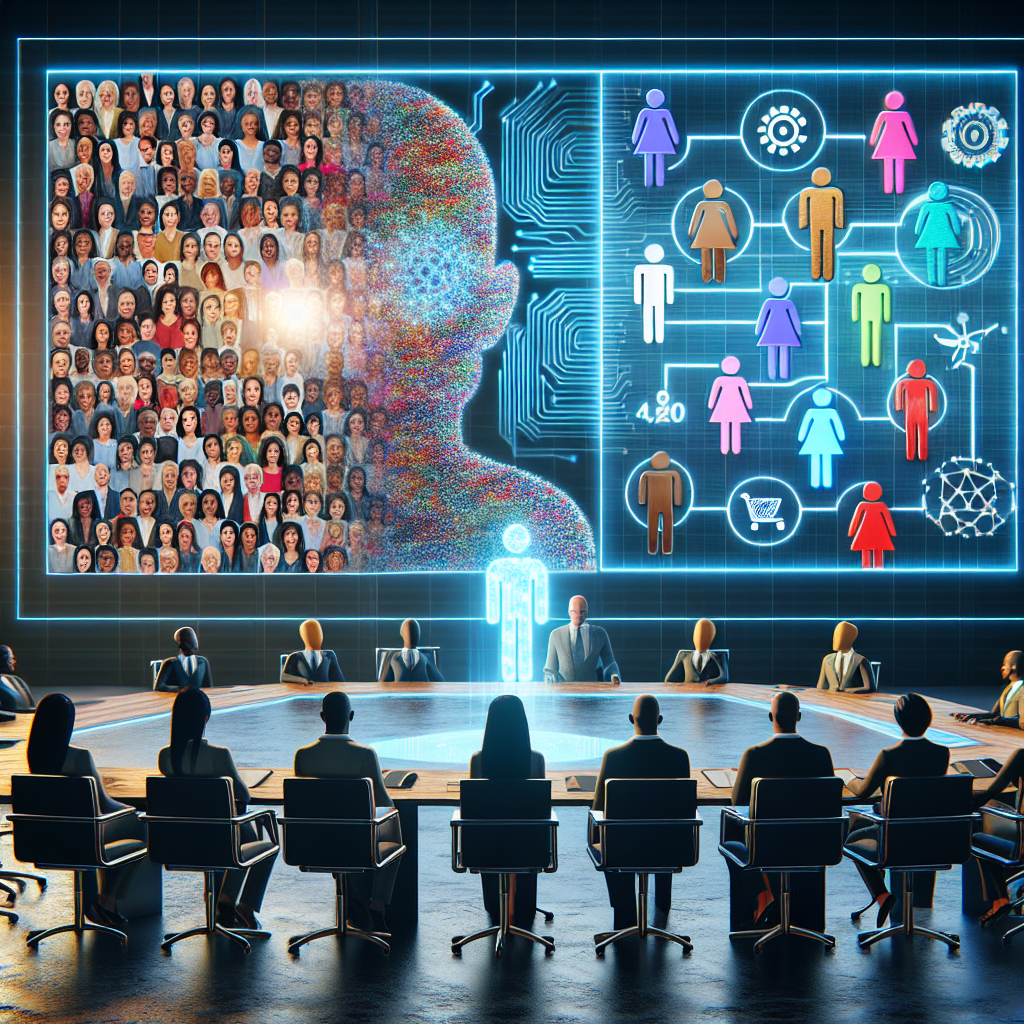The hospitality industry has always been focused on providing personalized experiences to its guests. With the advent of artificial intelligence (AI), this focus has been further enhanced as AI technology has revolutionized guest segmentation and targeting in the industry. AI has enabled hotels, resorts, and other hospitality businesses to better understand their guests, anticipate their needs, and provide tailored services that enhance the overall guest experience.
AI technology has enabled the hospitality industry to segment guests based on various factors such as demographics, behavior, preferences, and past interactions. This segmentation allows businesses to create targeted marketing campaigns, personalize communication with guests, and offer customized services that cater to individual preferences. By analyzing data from various sources such as guest profiles, online reviews, social media interactions, and booking history, AI algorithms can identify patterns and trends that help businesses better understand their guests and their needs.
One of the key benefits of AI in guest segmentation and targeting is the ability to predict guest behavior and preferences. By analyzing data, AI algorithms can identify trends and patterns that indicate what guests are likely to do next, what they are interested in, and what they are looking for. This predictive analysis allows businesses to anticipate guest needs and provide relevant offers and services that meet those needs. For example, AI can predict a guest’s preferred room type, dining preferences, or activities based on their past behavior and interactions, allowing businesses to offer personalized recommendations that enhance the guest experience.
AI also enables businesses to segment guests in real-time, allowing them to adapt their services and offerings based on current guest behavior and preferences. By continuously analyzing data and updating guest profiles, AI algorithms can identify changes in guest preferences and needs, allowing businesses to tailor their services accordingly. For example, if a guest suddenly shows interest in a specific activity or dining option, AI can identify this change and provide targeted recommendations to enhance the guest experience.
Furthermore, AI technology has enabled businesses to automate the process of guest segmentation and targeting, making it more efficient and cost-effective. By using AI algorithms to analyze data and identify guest segments, businesses can create personalized marketing campaigns and communication strategies that target specific guest groups with relevant offers and services. This automation reduces the manual effort required to segment guests and allows businesses to reach a larger audience with personalized messages that resonate with their interests and preferences.
Overall, the impact of AI on guest segmentation and targeting in the hospitality industry has been significant. By enabling businesses to better understand their guests, anticipate their needs, and provide personalized services, AI technology has revolutionized the way hospitality businesses engage with their guests and enhance the overall guest experience.
FAQs:
Q: How does AI technology help hospitality businesses segment guests?
A: AI technology helps hospitality businesses segment guests by analyzing data from various sources such as guest profiles, online reviews, social media interactions, and booking history. By identifying patterns and trends in this data, AI algorithms can group guests based on demographics, behavior, preferences, and past interactions.
Q: What are the benefits of AI in guest segmentation and targeting?
A: The benefits of AI in guest segmentation and targeting include the ability to predict guest behavior and preferences, personalize communication with guests, offer customized services, adapt offerings in real-time, and automate the segmentation process to reach a larger audience with personalized messages.
Q: How does AI technology help businesses anticipate guest needs?
A: AI technology helps businesses anticipate guest needs by analyzing data and identifying patterns and trends that indicate what guests are likely to do next, what they are interested in, and what they are looking for. This predictive analysis allows businesses to provide relevant offers and services that meet those needs.
Q: How can businesses use AI to personalize communication with guests?
A: Businesses can use AI to personalize communication with guests by analyzing data and identifying guest preferences, interests, and behaviors. By tailoring messages and offers based on this information, businesses can create personalized communication strategies that resonate with guests and enhance the overall guest experience.

